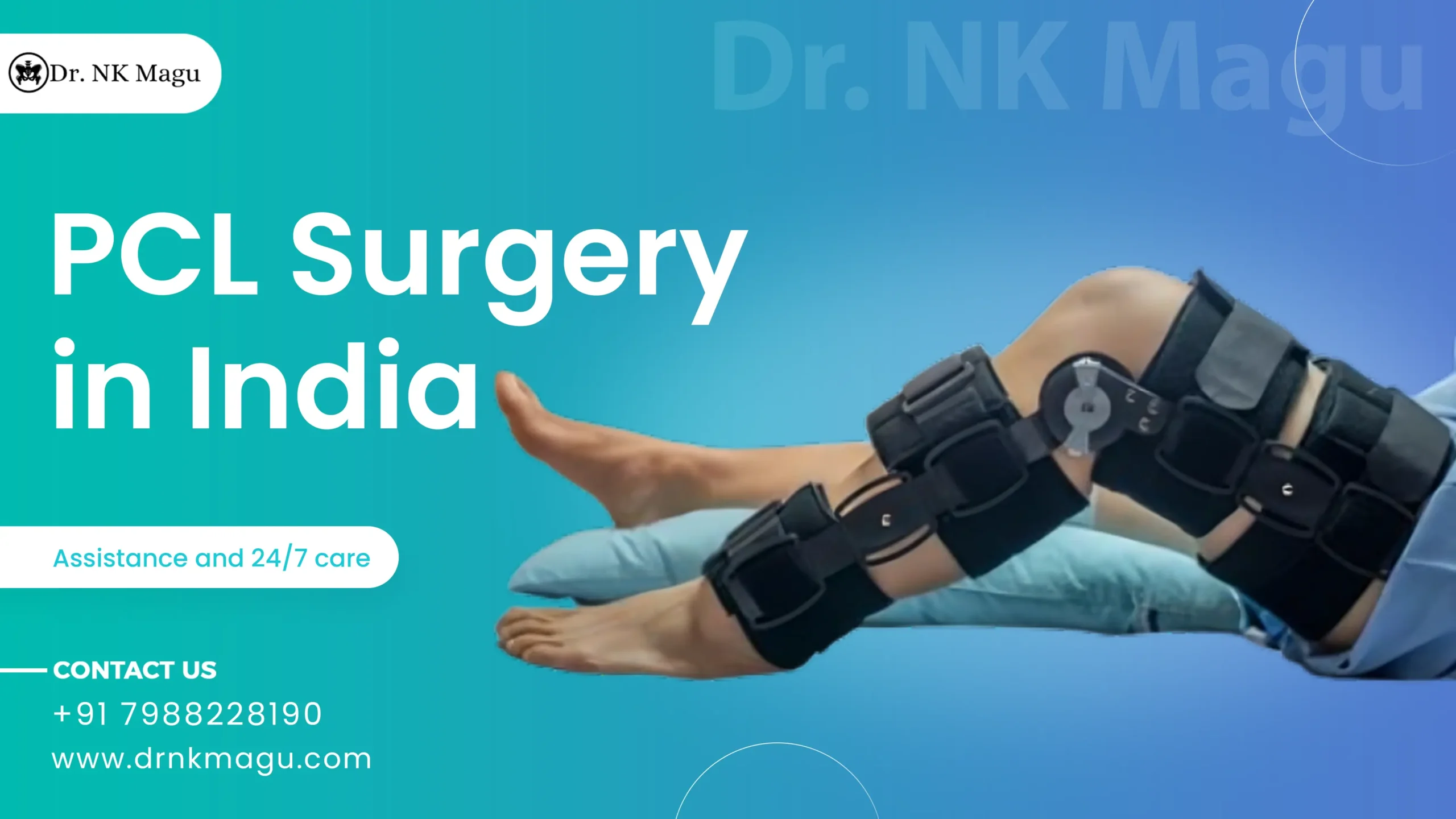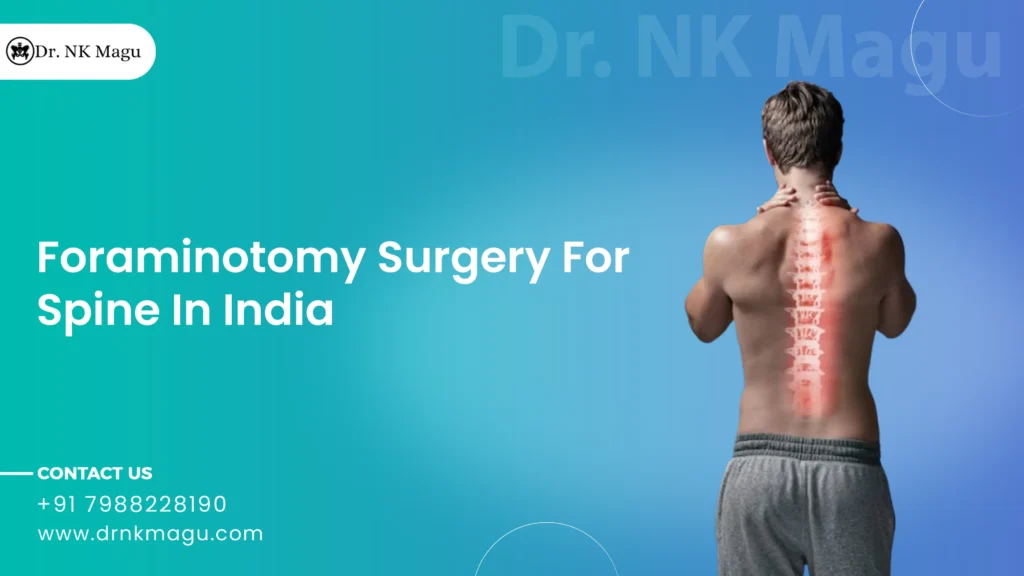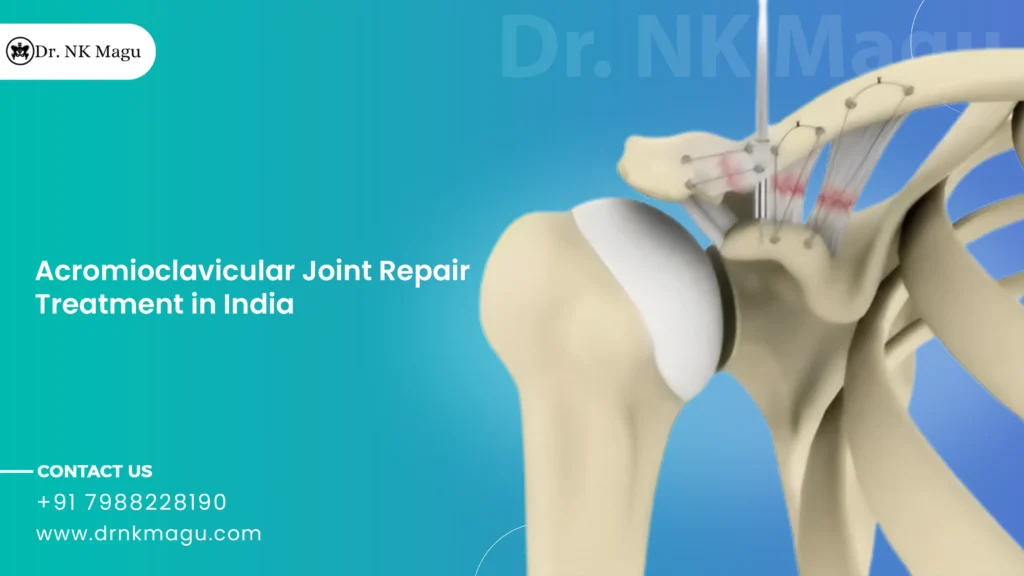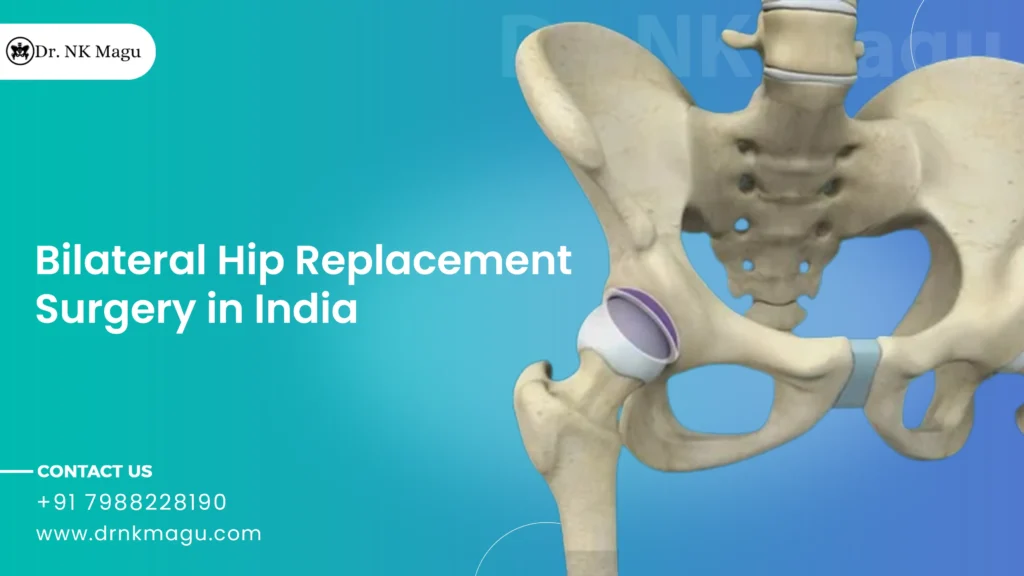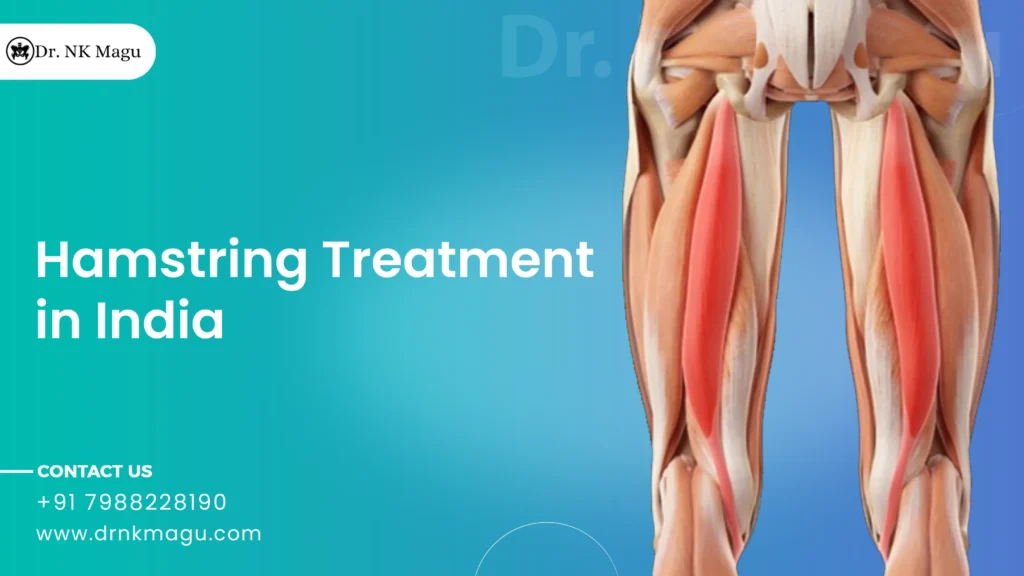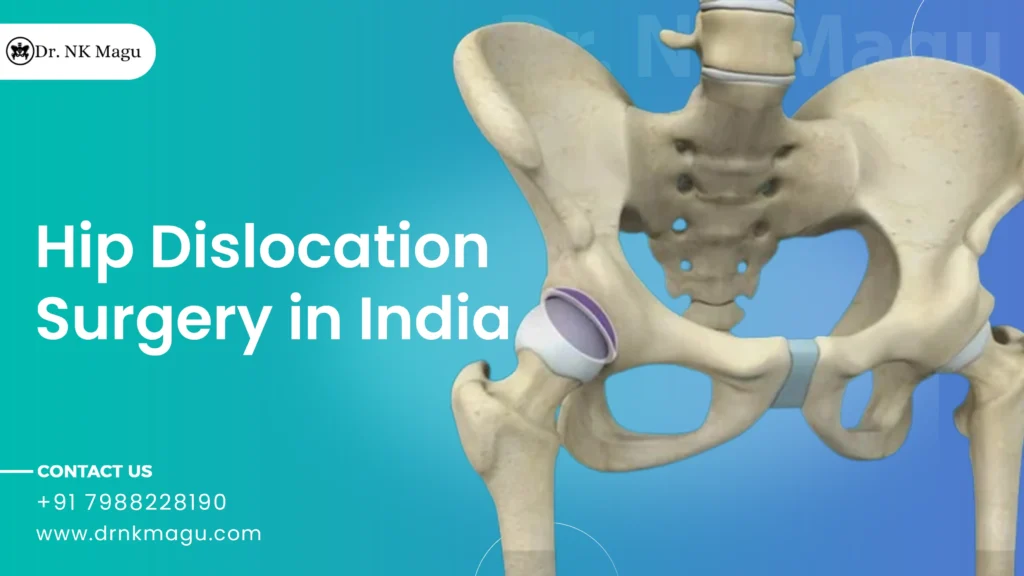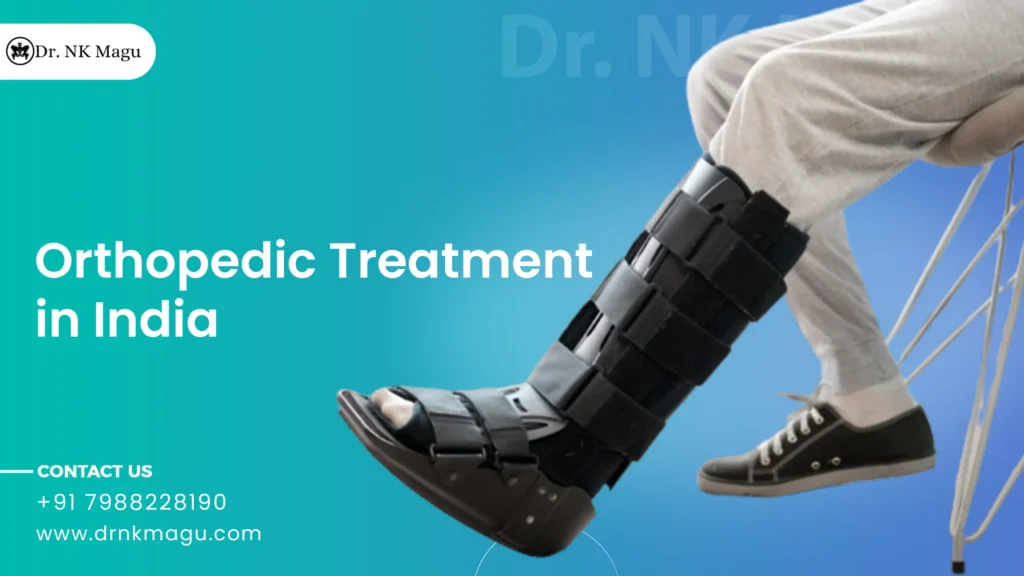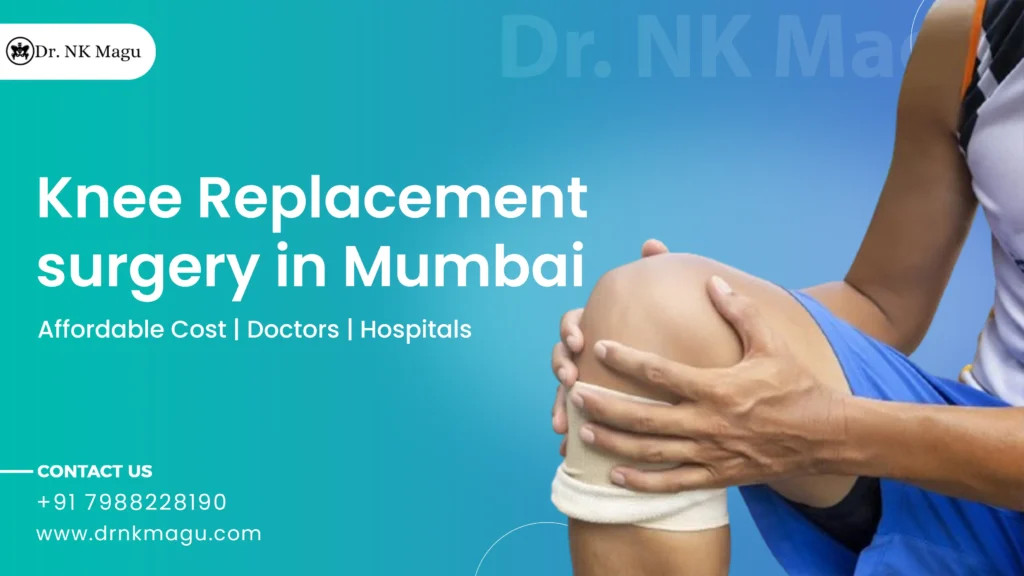There are four ligaments in the knees, two side collateral ligaments, and anterior and posterior crucial ligaments. Each of them keeps the knees stable by acting as a strong rope that holds the knee bones together. PCL is a crucial ligament present inside the knee that connects the thigh bone and the shin bone by crossing the center of the knee. It is responsible for controlling the back movement of the knee and prevents the shin bone from moving backward too far.
PCL surgery is a reconstructive procedure typically performed only when the PCL or the surrounding ligaments are severely torn and or when the knee is severely unstable. The operation involves the replacement of the torn ligaments with a tissue graft. The recovery process can last from six months up to a year based on the severity of the injury.
What is Posterior Cruciate Ligament (PCL) Injury?
A PCL injury is also called hyperextension of the knee. When the knee is overextended while playing or due to an accident it causes partial or complete tearing or stretching of the ligament. The injury mostly happens along with injury of the other ligament or severe knee trauma. It also happens when a strong force hits the bent knee, such as a direct blow to the knee or during a car accident when the knee hits the dashboard. In most cases, the knee will be dislocated and the nerves and blood vessels will be harmed.
What is The Impact of a Posterior Cruciate Ligament Injury on The Body?
PCL is the strongest among the knee ligaments and it rarely gets injured. However, if it does it causes
- Pain and swelling of the knee
- Instability of the knee joint
- Tenderness of the popliteal fossa
- Trouble walking
How Do PCL Injuries Occur?
A strong force is required to injure a posterior cruciate ligament and it normally does not happen. The injury typically occurs when the bent knee is hit roughly onto the dashboard in a motor accident or when a person falls onto a bent knee while playing. It can also occur when the knee is severely twisted abnormally. The injury is common among athletes like footballers, baseball players, and skiers.
What is the Cost of Posterior Cruciate Ligament (PCL) Surgery in India?
Posterior Cruciate Ligament (PCL) Surgery Cost in India starts from Rs. 2,07,000 to Rs. 4,00,000 (2500 USD to 4800 USD). Posterior cruciate ligament cost in India might vary depending on a number of factors, including the kind and state of your PCL, the suggested course of treatment, follow-up consultation fees, prescription drugs, and post-procedure care. The entire cost of care is determined by the precise course of therapy required for each patient. Keep in mind that prices for posterior cruciate ligament surgery in India can vary depending on a number of factors.
| Starting Cost | Rs. 2,07,000 (2500 USD) |
| Average Cost | Rs. 3,32,000 (4000 USD) |
| Maximum Cost | Rs. 4,00,000 (4800 USD) |
Starting Average Prices in Different Cities:
| Cities | Starting Price |
| Delhi | Rs 2,07,000 (3000 USD) |
| Gurgaon | Rs 1,80,000 (2160 USD) |
| Noida | Rs. 1,50,000 (1800 USD) |
| Mumbai | Rs 2,07,000 (3000 USD) |
| Hyderabad | Rs. 1,50,000 (1800 USD) |
| Chennai | Rs 1,80,000 (2160 USD) |
| Kolkata | Rs 1,80,000 (2160 USD) |
| Bangalore | Rs 2,07,000 (3000 USD) |
How is PCL Diagnosed?
Some tests will be conducted by your doctor to diagnose the PCI, they are:
- Physical examination – The knee joint will be twisted in different ways to determine the signs of injury. The presence of fluid in the knee joint will also be checked to see if there is bleeding.
- X-ray – It is not capable of showing PCL injury directly. But it will show the avulsion fracture (a piece of bone torn off by the ligament during an injury) if there is any.
- MRI – The scan provides a better picture of soft tissues such as PCI as compared to X-ray, making it easier to diagnose the injury.
How is a Posterior Cruciate Ligament Injury Treated?
There are two broad methods for treating PCL, surgical and non-surgical method. They are briefly explained below:
Non-Surgical Treatment: PCL injury does not always require surgical treatment. Sometimes it heals well without the need for surgery. A non-surgical approach called the RICE method could be quite helpful to speed up the recovery. RICE stands for:
- R – Rest
- I – Ice
- C – Compression
- E – Elevation
Surgical Treatment: Surgery is always necessary when multiple ligaments are torn along with the PCL. The torn PCL usually needs to be reconstructed instead of sewing the ligaments back together. Arthroscopic surgery is usually performed for ligament reconstruction. A small incision is made on the knee by the surgeon, the torn ligament is replaced by a grafting of tissue obtained from different parts of the body or from a donor. It might take several months for the bone to heal.
Rehabilitation is an important part of the PCL treatment whether surgery is employed or not. It involves a physical therapy session to regain the strength and motion of the injured knee. The session will be started in between 1 to 4 weeks after the operation if you had surgery. Recovery duration will vary depending on the severity of the injury. Combined injuries usually take time to fully recover and might last up to 12 months.
Why Choose Dr. N. K. Magu?
Dr. N. K. Magu is a widely recognized orthopedic surgeon from India whose exceptional expertise and dedication to the field have earned him international acclaim. Dr. N. K. Magu has demonstrated over many years that he is an outstanding specialist in numerous orthopedic professions, particularly in the areas of hip preservation, reconstruction, proximal femoral osteotomies, and related topics. His unwavering dedication to improving the quality of life for his numerous patients has solidified his standing as one of the top orthopedic surgeons in the world.


